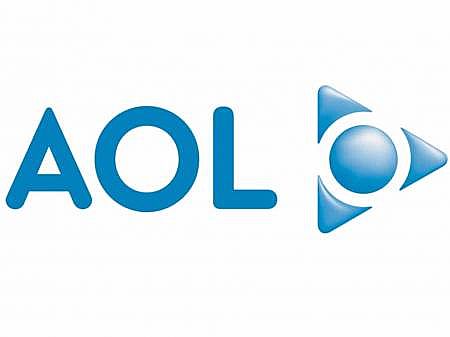 Well net neutrality fans, your enemies list just got one person bigger. John McCain is the latest to come out against the FCC’s work, and has even proposed legislation to stop the agency in its tracks.
Well net neutrality fans, your enemies list just got one person bigger. John McCain is the latest to come out against the FCC’s work, and has even proposed legislation to stop the agency in its tracks.
On Thursday, the FCC approved a measure to begin the process of formalizing a set of net neutrality rules that would ban ISPs from selectively filtering or throttling content. Texas Rep. Barton tried to stop the FCC from voting on the measure in the first place by pleading with commissioners to stop the vote from occurring.
This was an exercise in futility: Chairman Julius Genachowski had already worked to seal the support of the two other Democratic commissioners, making approval all but certain before the vote occurred.
Enter McCain. The Arizona senator introduced the Internet Freedom Act, which would expressly prohibit the FCC from making rules on net neutrality in the simplest terms. Using the Republicans’ favorite phrase of late–“government takeover”–McCain said net neutrality would stifle competition and hurt the job market.
Much like Barton, McCain also took issue with the inclusion of wireless Internet in the FCC’s planned policy, saying the lack of regulation has helped the industry grow rapidly. It’s unclear if such a measure could pass: however at least 70 House Democrats have already written the FCC expressing concern over the proposal, Reuters reports.
It will be interesting to see how it plays out as net neutrality was one of Obama’s campaign priorities. You can bet there will be a lot of vote counting being done in the coming months: Republicans will have to get a super majority as I would almost expect the President to veto any legislation like this if it makes it to his desk.

 After testing out its latest online offering with about 5,000 customers earlier this summer, Comcast is set to launch On Demand Online with all customers by the end of the year, the company is saying.
After testing out its latest online offering with about 5,000 customers earlier this summer, Comcast is set to launch On Demand Online with all customers by the end of the year, the company is saying.  Kara Swisher
Kara Swisher  If you’re a fan of net neutrality, meet your next enemy.
If you’re a fan of net neutrality, meet your next enemy.  I don’t quite understand Nokia’s thinking, but the company has made it official that its Booklet 3G, its first true netbook PC (or any type of full PC for that matter)
I don’t quite understand Nokia’s thinking, but the company has made it official that its Booklet 3G, its first true netbook PC (or any type of full PC for that matter)  It’s a far cry from the $20 billion value that Google placed on AOL when it invested $1 billion for a
It’s a far cry from the $20 billion value that Google placed on AOL when it invested $1 billion for a  Expanding unlimited calling to off-network phone numbers is one of the wireless industry’s newest ways to attract customers. Alltel was one of the first major carriers with its My Circle (which now has been rolled over to Verizon Wireless with the merger, called “Friends & Family”), then T-Mobile followed with myFaves. Sprint’s also doing something with “Any Mobile, Anytime” on select plans.
Expanding unlimited calling to off-network phone numbers is one of the wireless industry’s newest ways to attract customers. Alltel was one of the first major carriers with its My Circle (which now has been rolled over to Verizon Wireless with the merger, called “Friends & Family”), then T-Mobile followed with myFaves. Sprint’s also doing something with “Any Mobile, Anytime” on select plans.